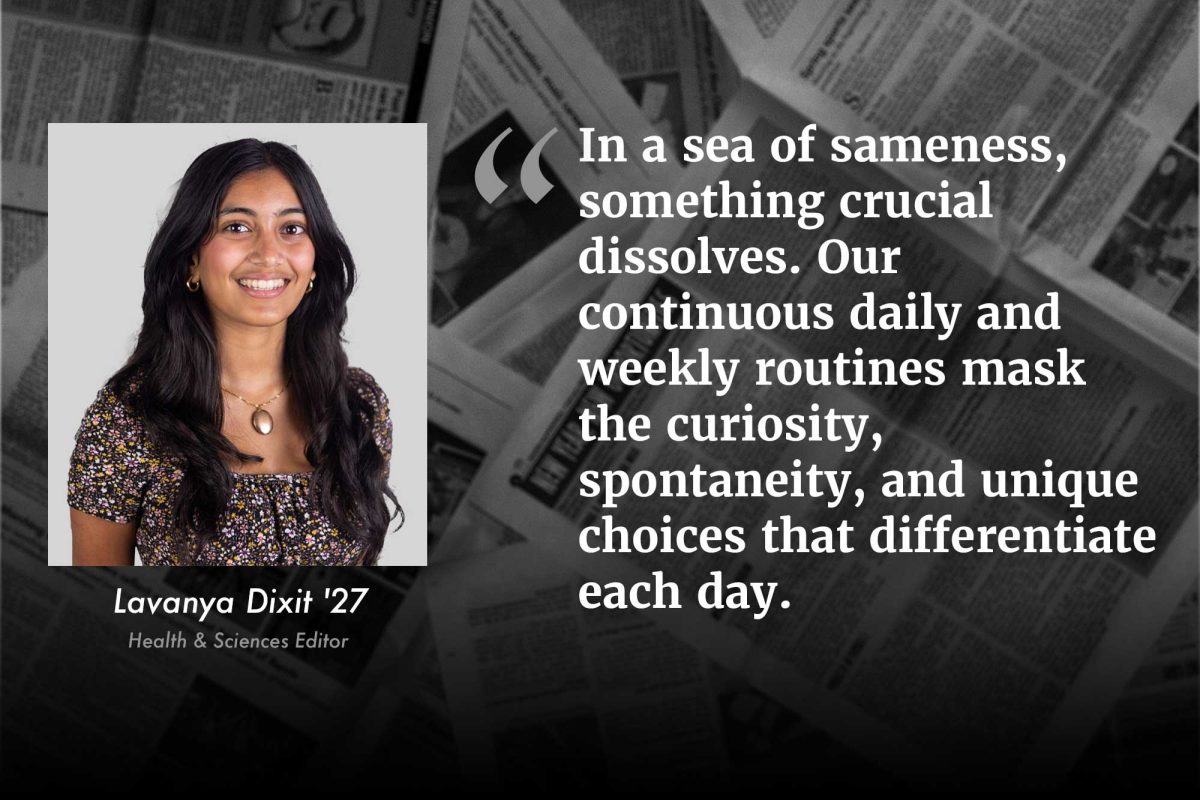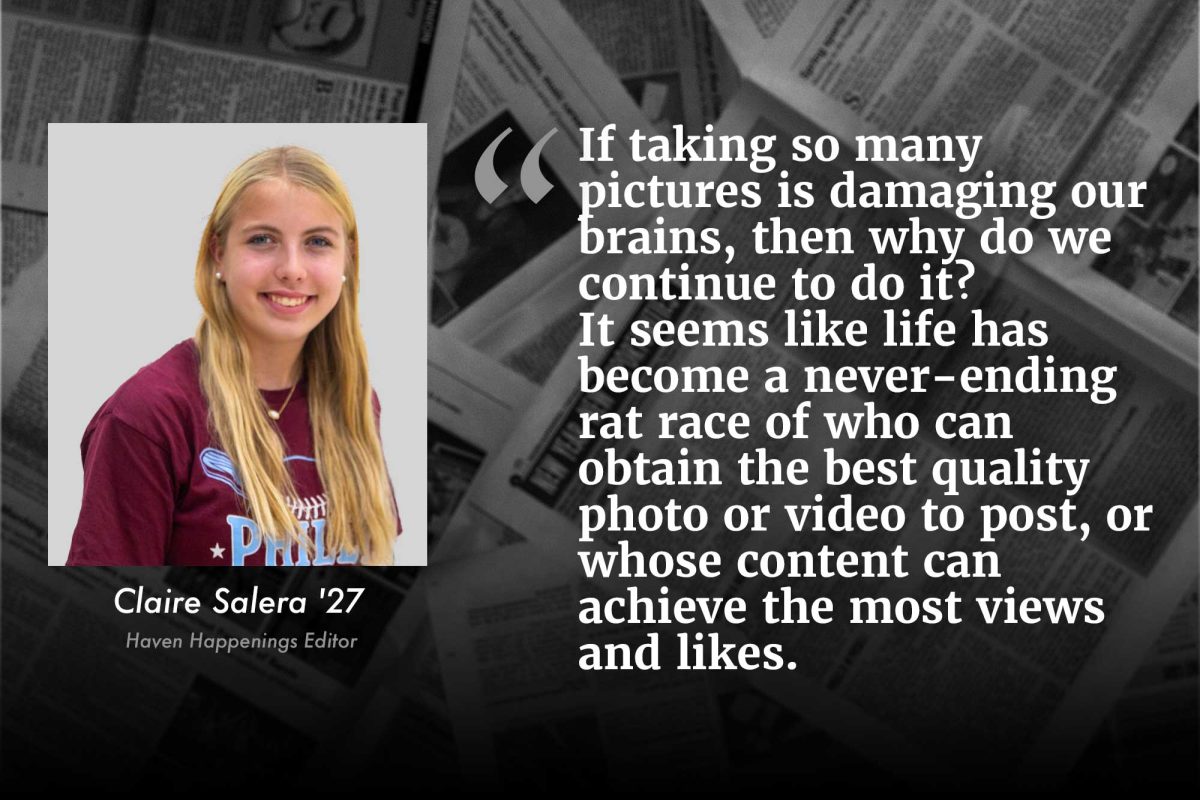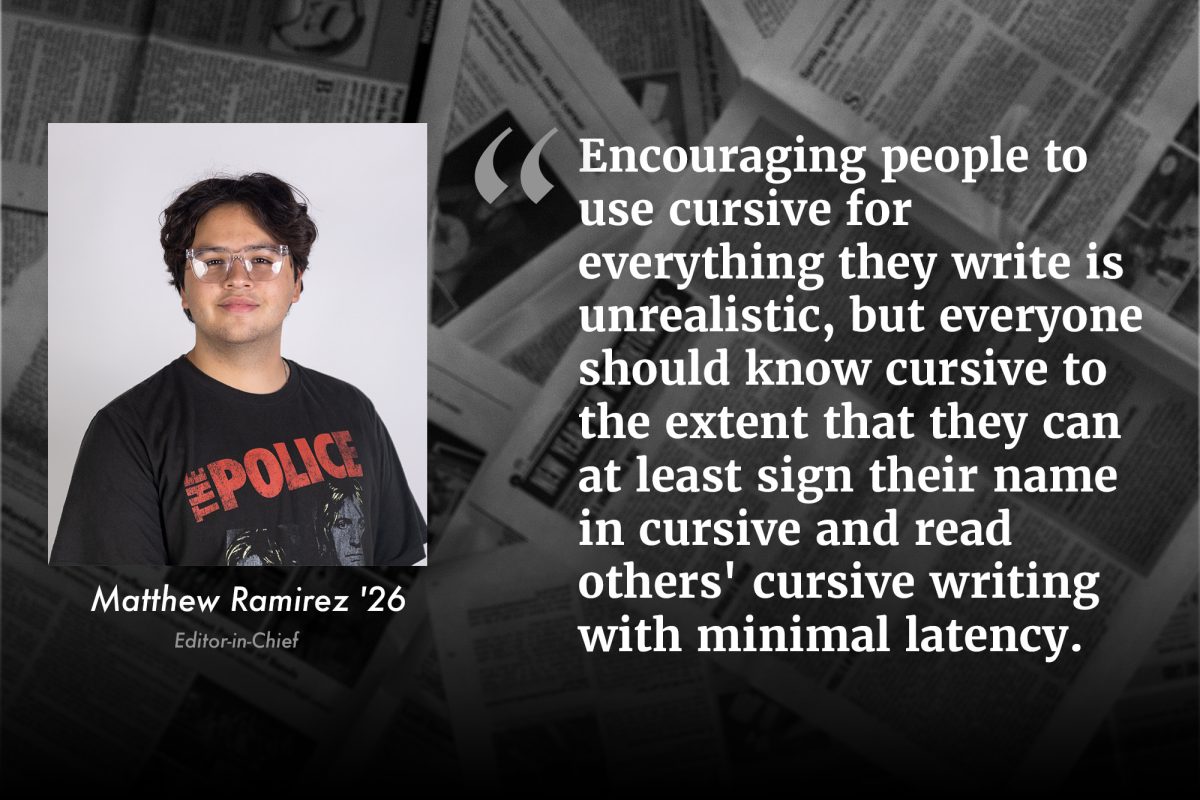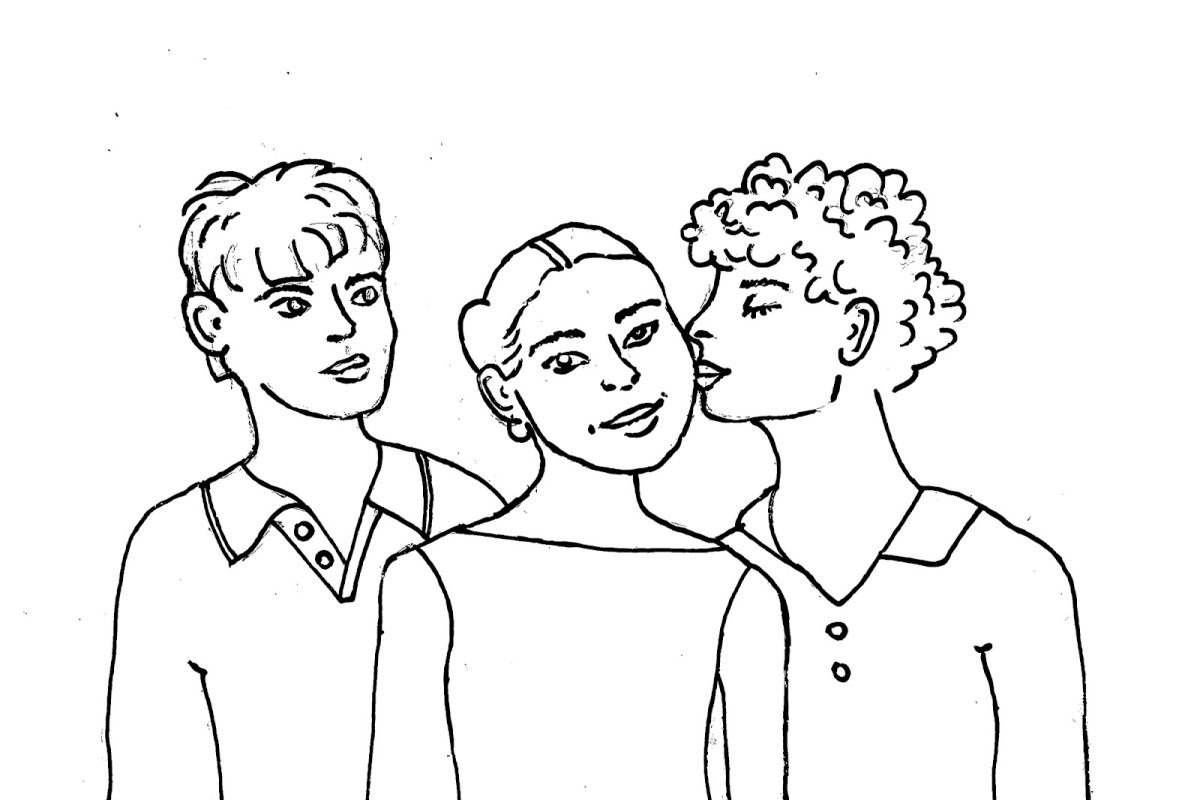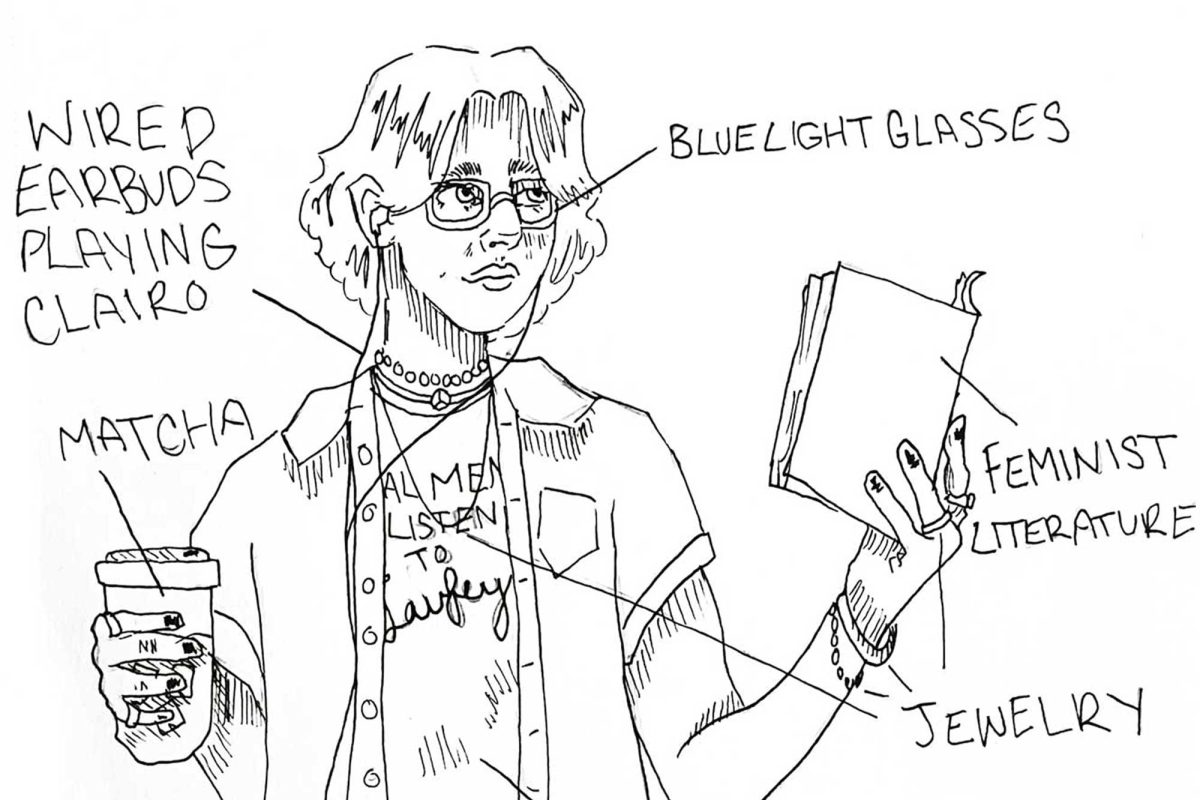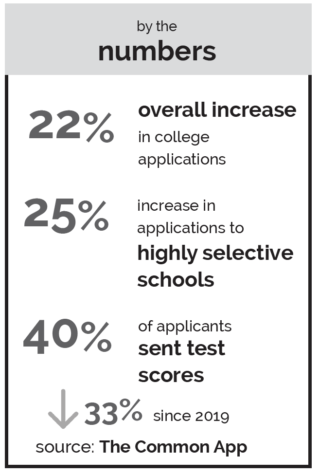 This is it: the moment you’ve been waiting for.
This is it: the moment you’ve been waiting for.
You’ve worked hard in school for twelve years. You’ve studied for every test, poured hours into essays and projects, and gotten involved in everything you could. You’ve balanced sports and activities with rigorous coursework, oftentimes sacrificing sleep and social outings, all to get into the school: your dream college.
Now, it’s finally time to learn your fate. Your hands shake as you open your application portal. You take a deep breath, click on “status update” and discover:
“Dear student, thank you for your application. We regret to inform you…”
Your heart sinks.
Your years of hard work have led up to this expressionless consolation letter.
As the shock wears off, the questions set in: what was wrong with your application? Should you have taken more AP classes? Should you have gotten involved in more activities? Did you accomplish enough?
The answers don’t lie in who you are or what you have accomplished. Most of the time, being denied admission isn’t about you or your credentials; it’s about the college.
We’ve all heard the adage that with enough hard work, you can achieve any goal; it’s the American dream. But according to journalist Jeffrey Selingo, that dream is not reflected in college admissions. In his 2020 book “Who Gets In And Why: A Year Inside College Admissions,” Selingo explains that you can devote hours to studying for standardized tests, collecting activities and writing the perfect essays, but college admissions officers don’t see any of that work. To them, you are a sheet of paper, with various assets that they can use to build their college community. They see your statistics—your activities, household income, race, GPA, test scores—but they don’t truly see the real you.
Frankly, it’s impossible for colleges to see your value from a sheet of paper—especially with their limited reading time. In a Los Angeles Times column, Sara Harberson, former associate dean of admissions at Penn, reports that she was forced to become “a speed-reader” to make it through all of the applications.
This year, CNBC reports that the move to test-optional caused a 22% overall increase in applications—which forces admissions offices to move through applications even faster than before.
“To read and evaluate more applications with the same number of admissions officers, colleges are cutting corners,” Harberson said.
Furthermore, the admission boom has sent acceptance rates plunging, as most colleges have not added spots to accommodate the additional applicants. With more students vying for the same number of spots, admissions have become even more competitive.
Aside from the numbers, being denied admission to college typically isn’t about the student and their credentials— it’s more about the college’s needs. Selingo explains that colleges have a sort of shopping list of different characteristics or demographics that they hope to include in their incoming class. These lists change every year—one year a university may want to admit more English majors and first-generation college students; the next year, they may target marching band students or students living more than five states away. Colleges want to build a well-rounded community, so they need a student body with diverse interests, experiences, and characteristics—a medley of students. Even outstanding applicants can be denied a spot if they don’t fit into the college’s target groups.
The bottom line is: your admission status is not about you—it’s about them. There are so many little factors that influence colleges’ decisions. Maybe you didn’t meet their target demographic; maybe you didn’t choose the program or major they wanted to expand; maybe they filled all of the spots before they got to your application. Not being accepted is not the same thing as being rejected.
As more admissions decisions roll in, be kind to yourself. Take some time to acknowledge how far you’ve come: you went through high school and applied to college in the midst of an international pandemic, when the world and the college admissions process were completely turned upside down. That alone is a momentous accomplishment.
Your admission status does not define you; you alone determine who you will be. You are worthy, you are valued, and you will make a difference—wherever your path may lead you.





